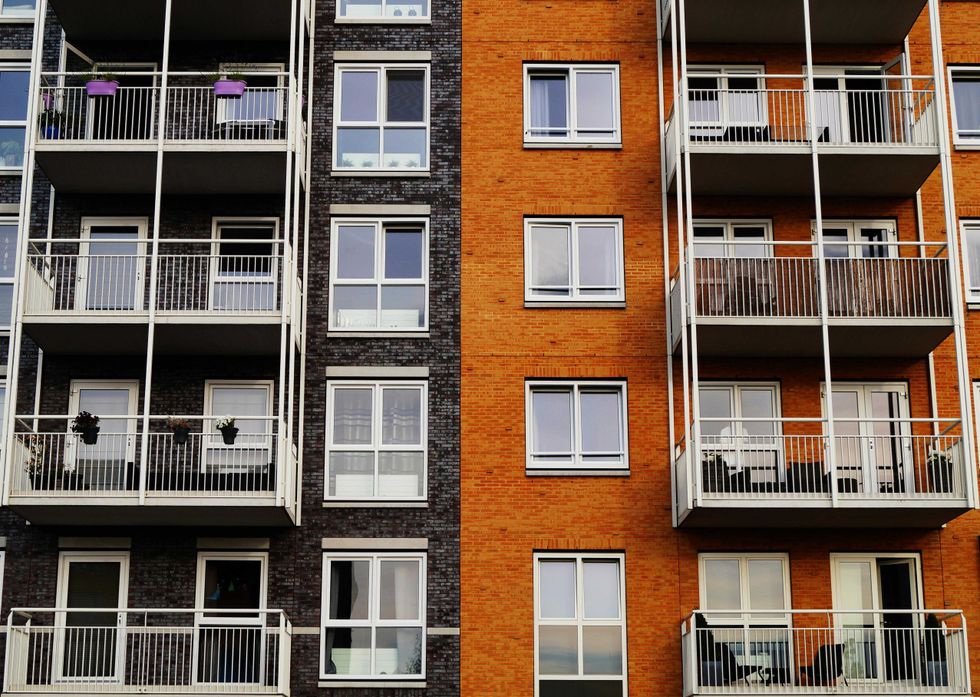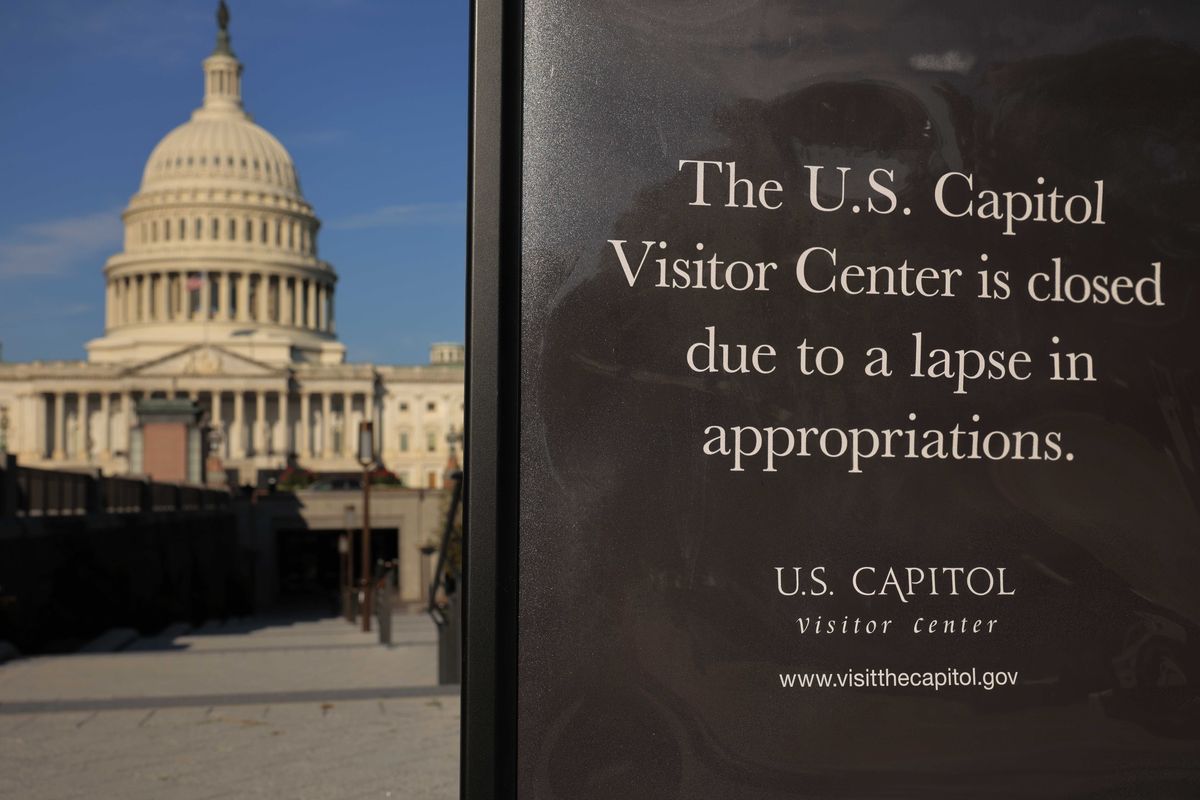Renting can be a great way to take the leap into having your own space, setting up life in a new city, or even getting to live with friends.
But for all its positives, there are also a number of drawbacks, and there's been a lot of debate in recent years about whether some landlords are exploiting tenants for money, or leaving them with little choice but to live in sub-par conditions.
In some cities where house prices are high and demand for rentals is even higher, a number of questionable practices have emerged as the norm - whether that's paying multiple months' worth of rent up front (often totalling more than a house deposit), attempting to out-bid other tenants, or signing up to live in properties which you haven't even viewed.
However, things could be about to get a serious shake-up with the Renters' Rights Bill looming over the heads of landlords everywhere, promising better rights for those signing up to leases.
The final reading of the bill in the House of Lords before Royal Assent is taking place on 14 October 2025, and the bill should come into effect by early 2026.
But what is the Renters' Rights Bill and how will it help you? Here's what you need to know...

No-fault evictions will be banned
As of right now, if your landlord wants to kick you out of the property you live in for no real reason: They could. This is known as a Section 21 notice.
When the Renters' Rights Bill comes into effect, so that you can live without fear of being evicted from your home, landlords will need to have a good reason to ask you to leave otherwise. That could include rent arrears, or a breach of contract.
However, after a tenant has lived in a property for six months, landlords will be able to evict a tenant under ‘reasonable’ circumstances under Section 8. This includes wanting to sell the property, redevelopment or allowing a close family member to move in to rent the property.
What this change will stop is landlords suddenly evicting tenants so that they can hike up the asking price to reflect the current market.
If a landlord cites selling up as a reason to evict you, they will not be able to re-let the property for a further 12 months.
As a blanket rule, tenancies will become periodic, and you'll be able to stay in your home until you decide to end the tenancy by giving two months’ notice.
You can challenge the price of your rent
Cities all over the UK are no strangers to competitive bidding on rents, making it near-impossible for those without huge budgets to secure the property they want to live in. In fact, 34 per cent of renters currently spend half or more of their income on rent, per Shelter.
Worse still, when you've finally moved into a property, there's nothing right now to stop your landlord putting up your annual rent to a price of their choosing - a strategy designed to force tenants out and make way for people with bigger wallets.
When the Renters' Rights Bill comes into effect, renters will be able to challenge high rent prices. Landlords will still be able to set rent at market rates (even if that's higher than you want to pay), but an independent tribunal will be able to make a judgement on whether it's a fair price or not.

Rent bidding will be banned
Similarly to the above; whatever the published listing price of a rental property is, is what you will pay. Should you be asked to pay anything above this, it will be considered illegal.
You'll get more help challenging your landlord
Statistics suggest half of private renters have experienced damp or mould in the last year, and 25 per cent of private renters don't ask for repairs from their landlord due to fear of being evicted.
Many people who have rented privately will know the feeling of either nagging a landlord to help fix things, or being fobbed off with a sub-par response that doesn't address the issue - and the new legislation could pile on pressure to change that.
A new Landlord Ombudsman will provide quick, fair, impartial resolutions to tenant complaints, much like in the social housing sector, helping you get problems addressed more quickly.
You can ask to have a pet
'No pets' is something you've probably seen a lot of on rental listings, but it could be about to become easier to own a pet as part of your lease.
Soon, landlords will be unable to unreasonably refuse your request for a pet - and will be required to get pet insurance to cover damage to their property.
That being said, there will likely be a few loopholes with this one, as they can use the nature of the property (e.g. no outside space), or allergies as supporting reasons as to why you wouldn't be allowed.

Landlords will have to sign a register
Anyone who intends to let their property out will now have to sign a Landlord Register, which will help both tenants and local councils take back control of dodgy dealings.
How are landlords responding to the Renters' Rights Bill?
With hope for renters on the horizon - this is also a time to exercise caution. We've seen first-hand that landlords are using this period of uncertainty to capitalise on everything they might not be able to do very soon - whether that's hiking up prices, or creating bigger demands for potential renters.
One property we saw advertised asked for nine months rent up front, which at £2,500 per month, is £22,500 - the equivalent of a house deposit.
If you can hold out until the bill comes into play, it might be worth weighing up your options, rather than getting into a tenancy that doesn't serve you in the immediate future.
That being said, if you're mid-tenancy, you will still be protected by the Renters' Rights Bill as soon as it's signed into law.
Why not read...
What are your rights as a tenant when renting?
Evicted tenant takes entire garden with her – leaving landlord furious
Sign up to our free indy100 weekly newsletter














Italian Prime Minister can't get away from Trump quick enough